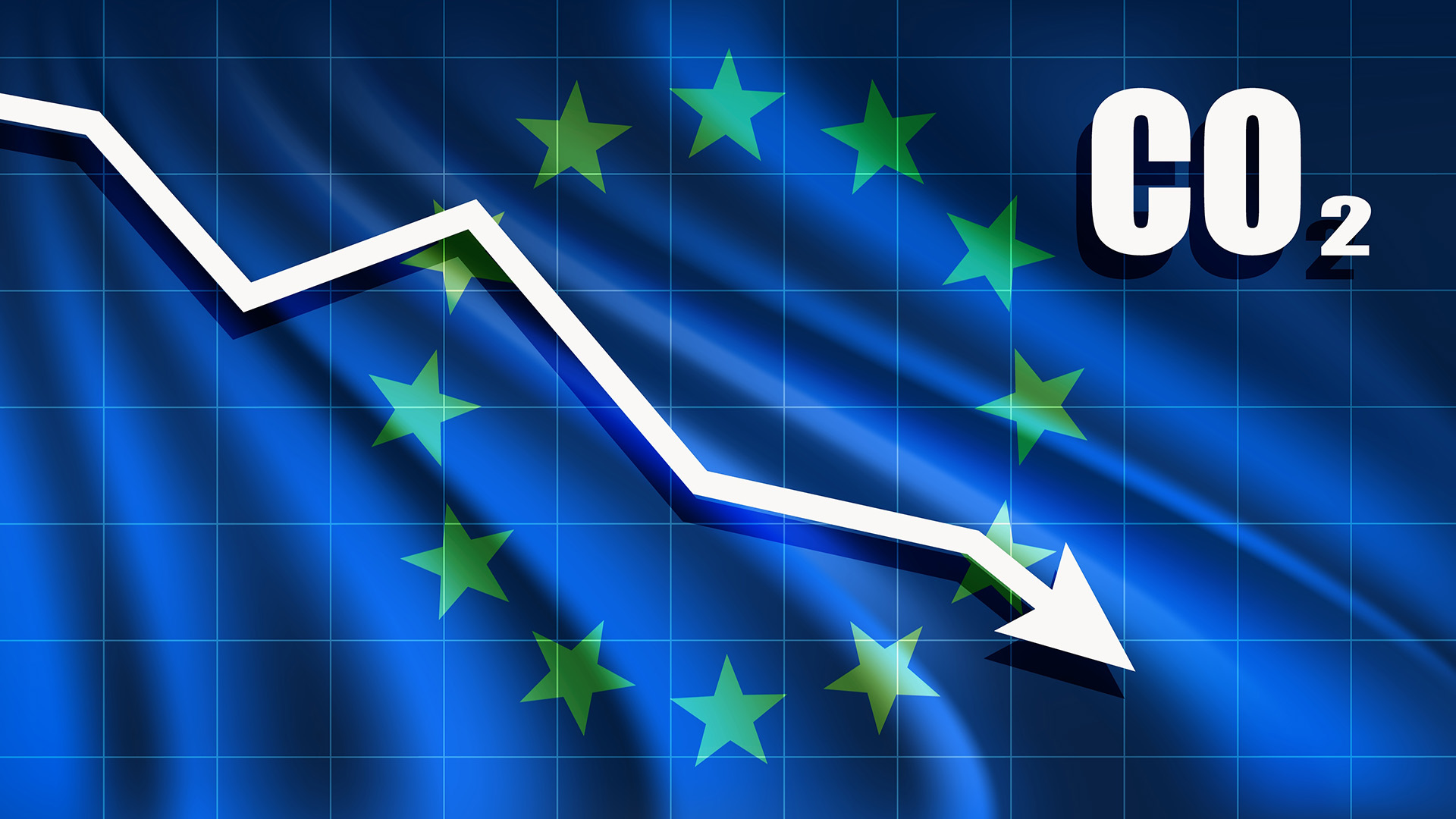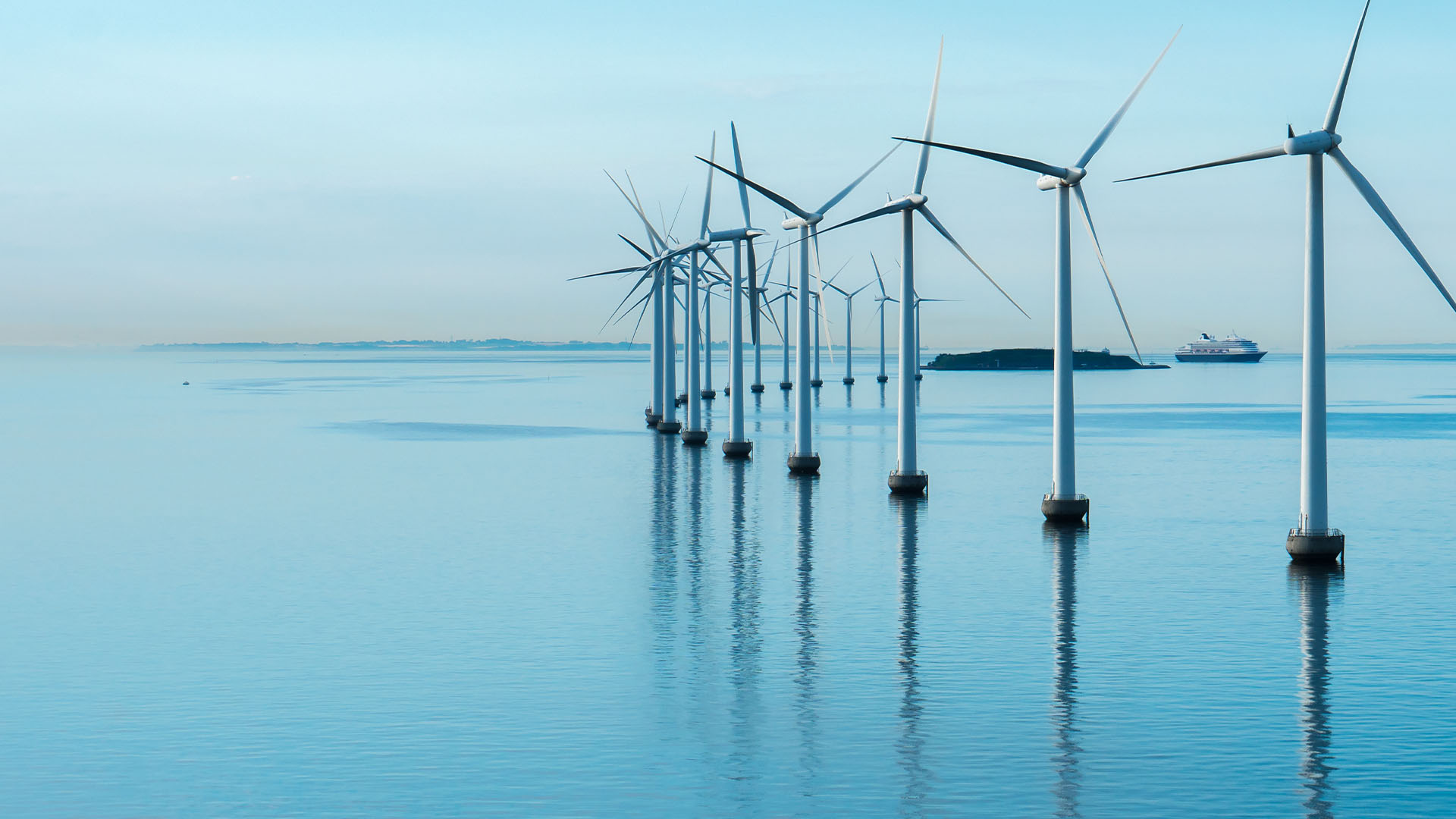The challenge for energy regulators
The transition to net-zero involves profound changes to how energy is produced and consumed, and requires the combined effort of many players, including government and policy makers, utilities, energy proponents and consumers. Although they are not always top of mind in conversations about the transition to net-zero, energy regulators are vital to the energy transition.
Energy regulators play a very important role because fundamentally, no matter the jurisdiction, the move to cleaner energy involves construction or modification of energy infrastructure. Construction of this infrastructure, including its cost consequences for consumers, requires regulatory approval, which is most often the last hurdle for a clean energy project. As a practical matter, obtaining timely approvals is crucial to a successful energy transition. Stable, appropriately funded regulators working within clear regulatory frameworks are key.
Regulatory regimes and legislative backgrounds differ across jurisdictions; however, the infrastructure involved is very similar and the policy issues and challenges faced by regulators are strikingly comparable. Regulators are well established and well funded in some areas of the world, and less so in others. Moreover, in many places the role of the energy regulator in the energy transition is somewhat unclear. Legislated mandates often do not clearly include a well-defined role for regulators, even as projects that further our energy transition arrive for approval at their doorsteps.
The Regulatory Energy Transition Accelerator
In recognition of the critical role of regulation and the challenges faced by energy regulators, the Regulatory Energy Transition Accelerator (RETA) was established at COP26. It was launched as part of the Green Grids Initiative by Ofgem, the International Renewable Energy Agency (IRENA), RMI, the World Bank and the International Energy Agency (IEA), which administers RETA. Approximately 30 regulators worldwide are currently RETA participants, a substantial increase since its inception a year ago.
RETA is described by the IEA as “… an initiative created to enhance the capacity of regulators to increase the speed of the clean energy transitions.” The organization works directly with energy regulators to facilitate knowledge sharing, peer-to-peer learning and thought leadership on regulatory issues. It also acts as a central resource for regulators to seek knowledge products and regulatory tools that can help mitigate challenges regulators face when trying to regulate for the sustainable, affordable and secure energy systems of the future.
In announcing RETA, Ofgem stated that, “The Accelerator will ensure that relevant knowledge and expertise from the World Bank, the IEA and IRENA as well NGOs specialising in assisting regulators are brought into its work programme.”
RETA aims to share best practices and accelerate knowledge in the areas of network planning, flexible renewable-based systems, regional interconnection, regulatory frameworks to deliver the energy transition and fair and inclusive energy transition.
In the year since its inception, RETA has increased its outreach and conducted workshops designed to increase access to existing knowledge and importantly, encouraged and facilitated peer-to-peer contact among regulators, so that best practices and useful experience can be shared. RETA has hosted events at the latest Clean Energy Ministerial, COP27 and the upcoming World Forum on Energy Regulation, further strengthening the link between policy and regulatory decisions. It has also facilitated contact with NGOs who can provide bespoke technical assistance to individual regulators. Above all, one of the most beneficial aspects of RETA is the opportunity for one-on-one, peer-to-peer conversations between regulators, as they find ways to identify and solve for regulatory gaps through discussion of common issues.
Going forward, RETA is working with its delivery partners to coordinate a well-received knowledge exchange between small island developing states all over the world, enabling them to discuss the particular challenges they face. Along with the IEA and the World Bank, it is working on issues specific to regulators arising from interconnecting grids, undertaking a global review of regulators’ mandates relating to energy transition, and establishing a knowledge hub to bring together worldwide knowledge in an accessible way that will also help to facilitate peer-to-peer exchange.
Whether from the point of view of a government agency, regulator, regulated entity or a project proponent, RETA is a timely and beneficial initiative. As a practical matter, obtaining timely approvals is crucial to a successful energy transition. The best new technology in the world will not provide any benefit if it isn’t built because of lack of regulatory clarity. Broad participation in RETA should help ensure that all regulators find a way to move towards integrating energy transition into their processes and thinking. This integration is crucial, as at the end of the day it will not be possible to transition to net-zero without robust and well-understood regulatory frameworks.



















